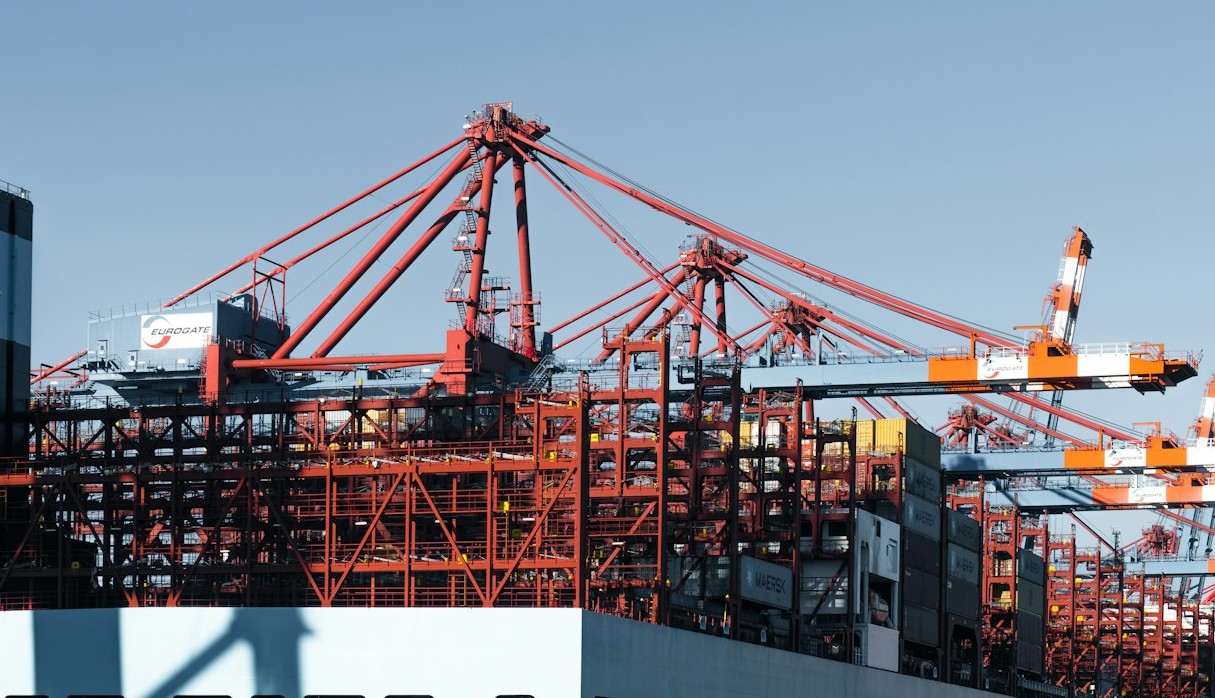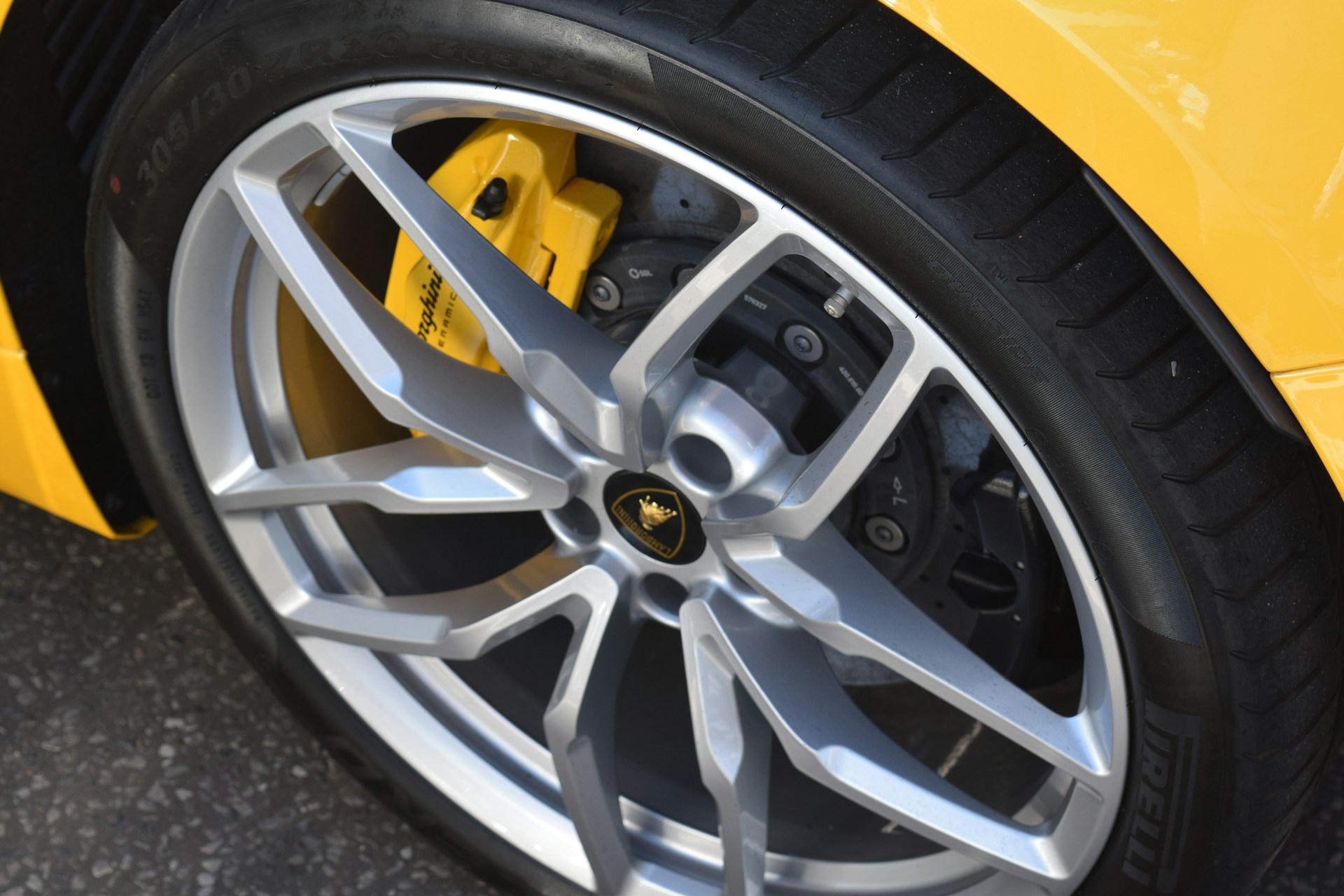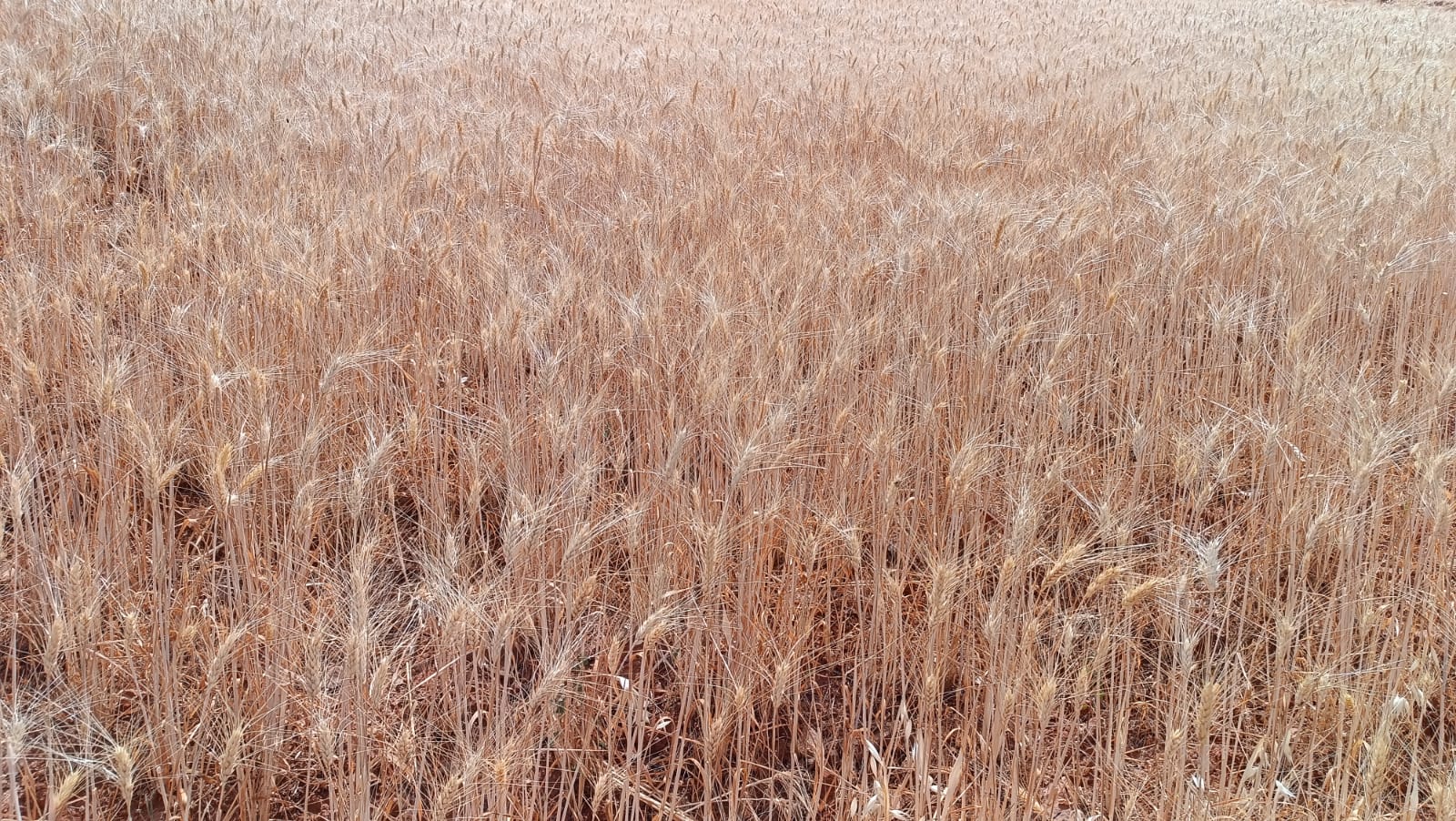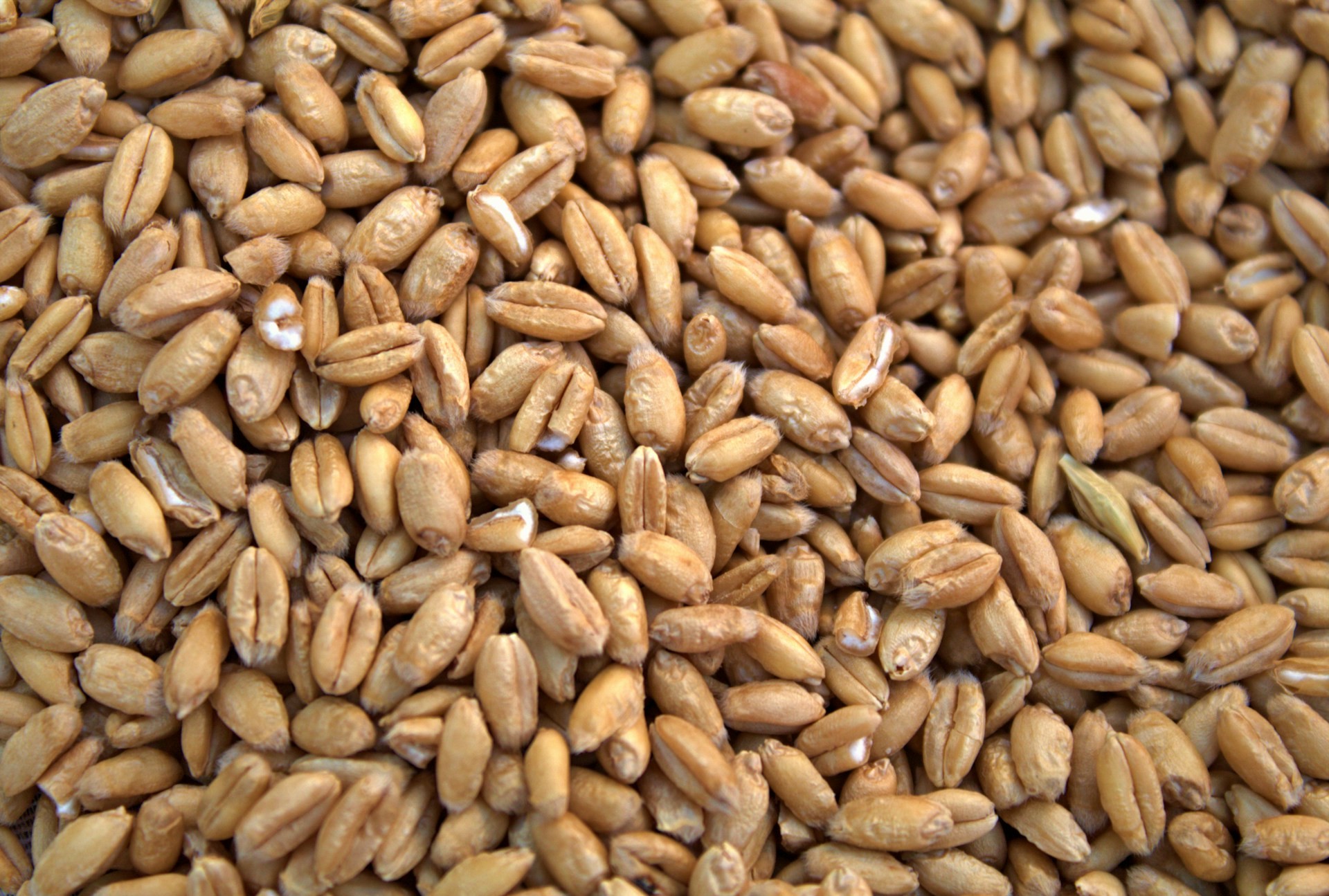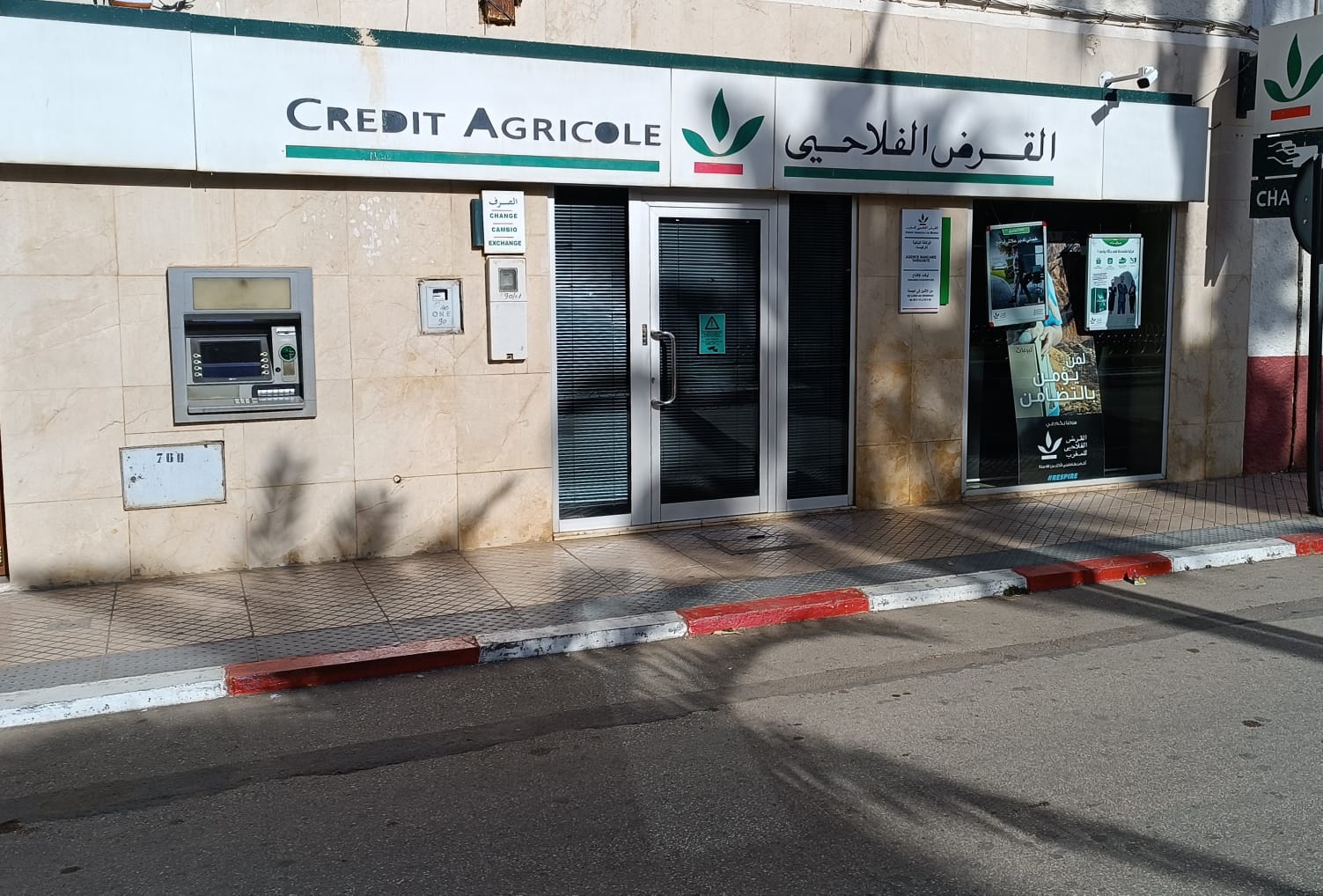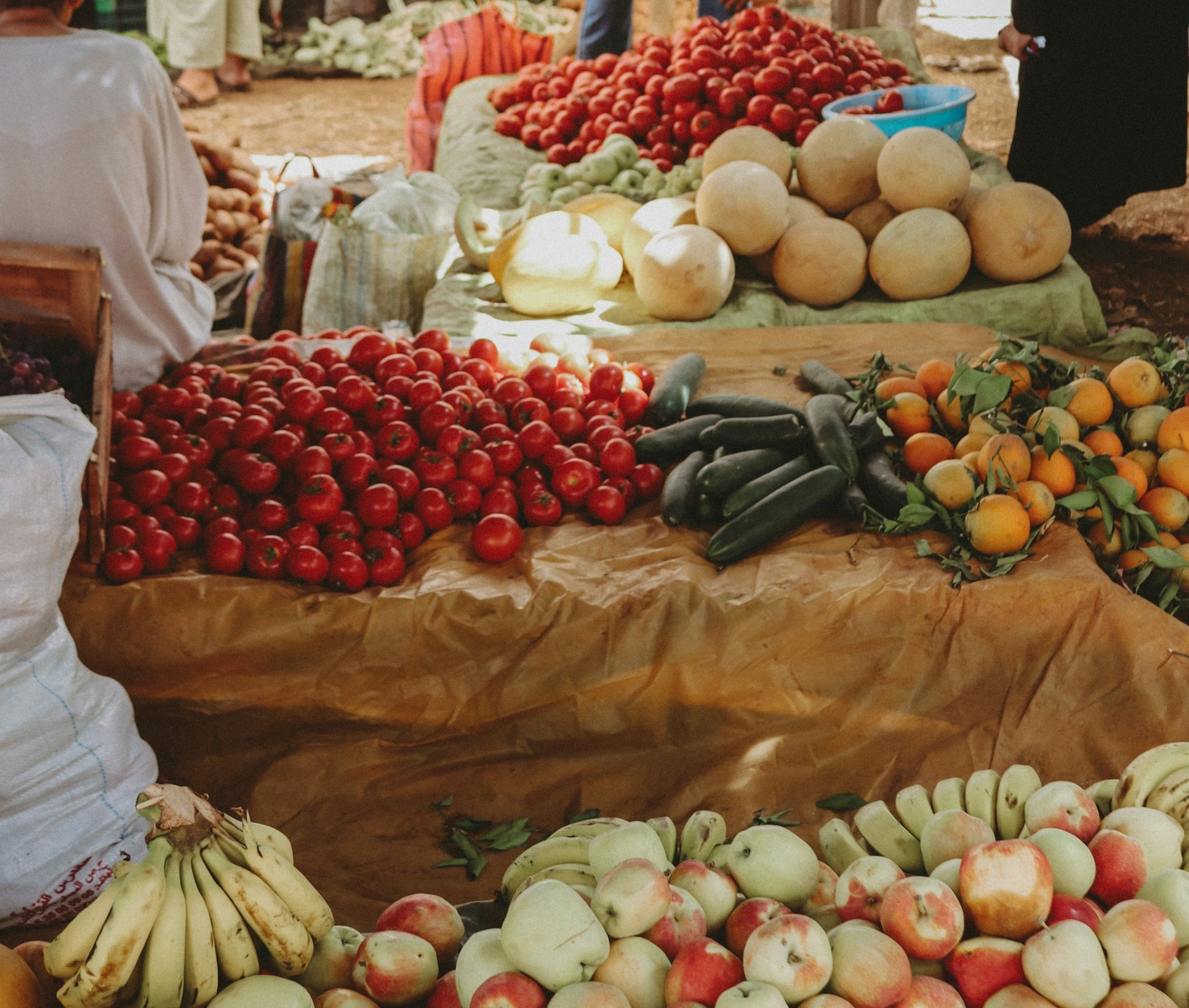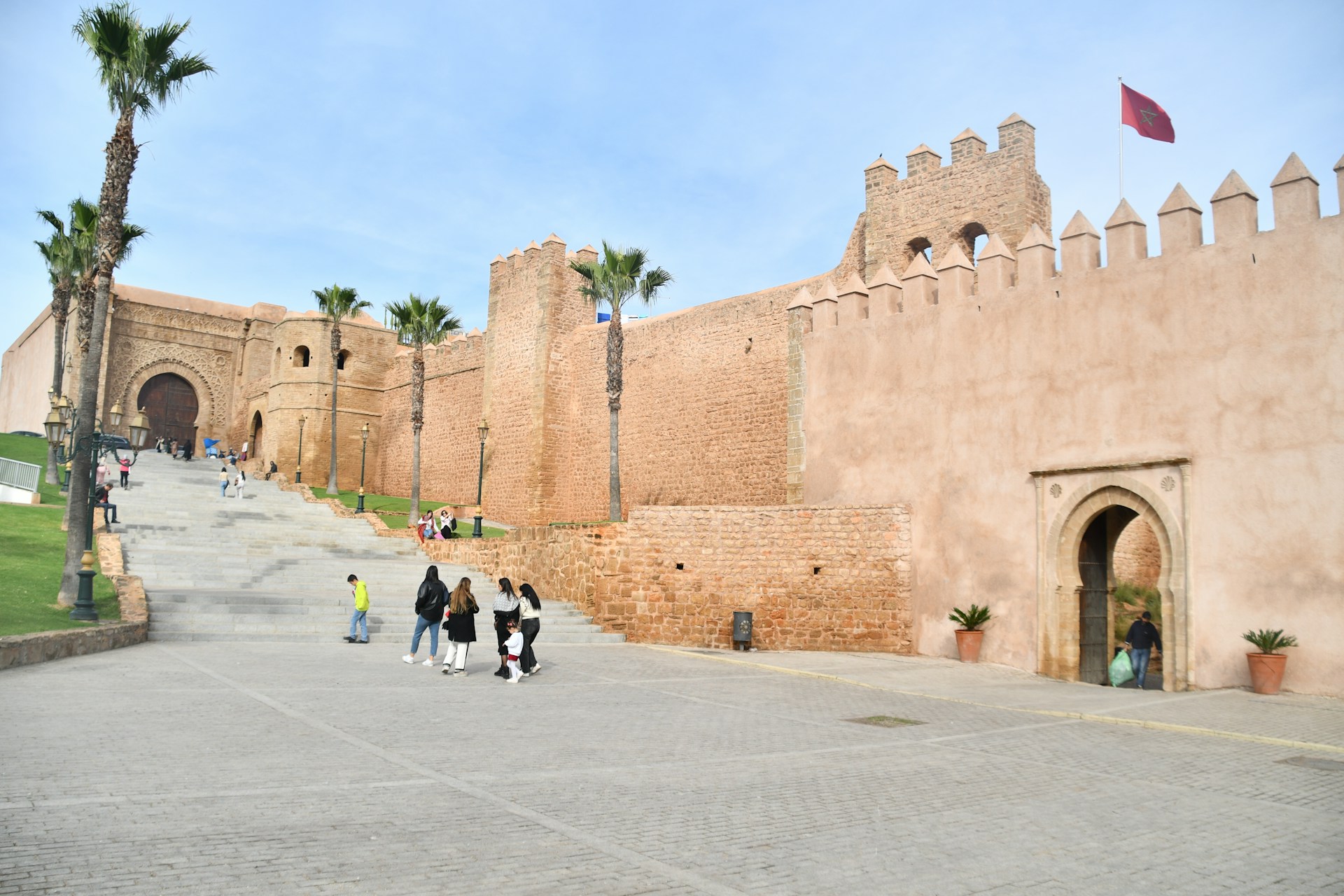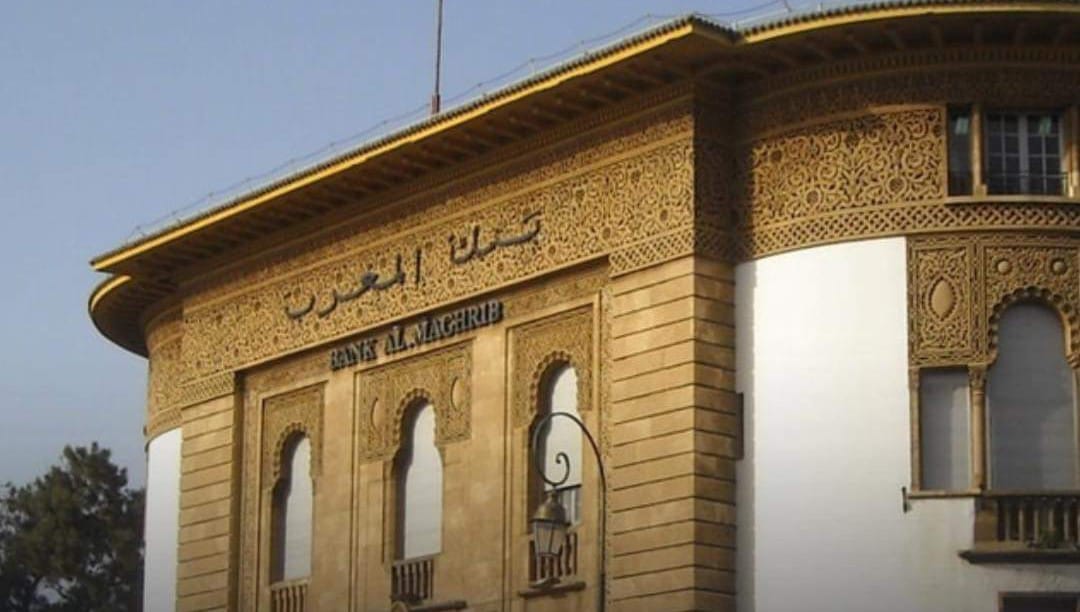Casablanca – The European Union has introduced new tariffs on aluminum wheels imported from Morocco, citing concerns over unfair trade practices and the need to protect European industry. The decision, announced by the European Commission, adds to existing anti-dumping duties imposed in January 2023 and could further impact trade relations between Morocco and the EU.
Reasons behind the tariffs
According to the European Commission, the newly imposed tariffs are aimed at safeguarding European manufacturers and protecting approximately 16,600 jobs that could be affected by what the EU describes as unfair competition. An investigation by the Commission found that the Moroccan government provides systematic financial support to its automotive sector, including direct subsidies, preferential loans, and tax exemptions—practices the EU considers non-compliant with World Trade Organization (WTO) regulations.
Additionally, the investigation highlighted that Chinese financial support had been provided to at least one Moroccan exporter under the Belt and Road Initiative, further intensifying concerns about unfair subsidies. Brussels argues that these financial contributions have harmed European manufacturers, leading to the introduction of new countervailing duties.
Details of the new tariffs
The new duties vary based on the level of financial support received by Moroccan manufacturers:
- 5.6% for companies that benefit solely from Moroccan government subsidies.
- 31.4% for manufacturers receiving additional financial support from China through the Belt and Road Initiative.
These new tariffs are in addition to the anti-dumping duties imposed in 2023, which ranged between 9% and 17.5% on the same product. The EU has also previously imposed similar measures on aluminum wheel imports from China.
Impact on Morocco
Morocco has been expanding its role as a global player in the automotive industry, attracting foreign investment and strengthening its manufacturing capabilities. The country has positioned itself as a competitive hub for automotive exports, benefiting from strong infrastructure and government-backed incentives. However, the new EU tariffs could pose challenges for Moroccan producers, potentially reducing their competitiveness in the European market and prompting them to explore alternative export destinations or adjust pricing strategies.
Impact on the EU
For European manufacturers, the new tariffs provide additional protection against what they perceive as unfair competition. Industry representatives, including the European Wheel Manufacturers Association (EUWA), have supported the measures, arguing that they create a level playing field. However, importers and distributors within the EU may face higher costs, which could be passed on to consumers. Additionally, the decision could impact broader EU-Morocco trade relations, given that Morocco is an important economic partner in North Africa.
Future trade implications
The latest tariffs highlight the EU’s commitment to enforcing trade defense measures against non-EU countries. The European Commission’s investigations into subsidies and anti-dumping practices suggest that further trade measures could be introduced if similar concerns arise in other industries. Meanwhile, Morocco may seek diplomatic or legal avenues to challenge the decision or negotiate trade adjustments to mitigate its impact.
As both sides navigate the consequences of these tariffs, the coming months will be crucial in determining whether this move leads to broader trade disputes or encourages dialogue on fair trade practices between the EU and Morocco.
